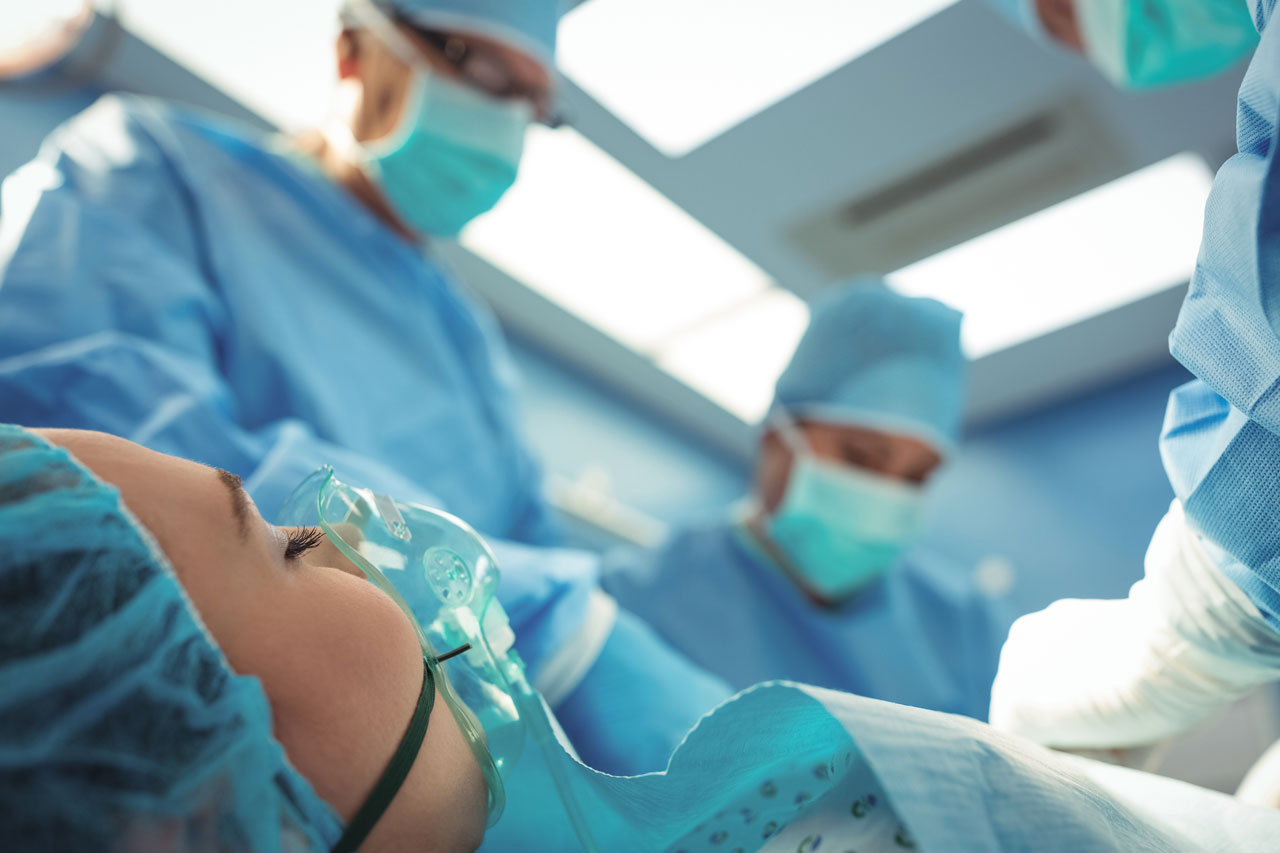If heart problems run in your family, or you’re having chest pain, you need to get expert care to avoid dangerous problems. But how can a doctor see into your heart to check for problems? One of the ways is through a procedure known as cardiac catheterization.
Our team at Lakewood Cardiovascular Consultants helps you figure out what’s causing your chest pain and if there’s a bigger problem brewing. Dr. Erick Calderon is our skilled cardiologist who performs cardiac catheterizations for a number of different conditions.
Why would you need cardiac catheterization?
Cardiac catheterization is a diagnostic tool that Dr. Calderon uses to obtain information about the blood vessels that get blood to and from your heart. It also can give Dr. Calderon important information about your heart muscle and the valves as well.
But why would you need to get this procedure done in the first place? If you have a known cardiac condition, catheterization is used to not only monitor the condition but fix problems. Some of the conditions that may require a cardiac catheterization include:
- Cardiomyopathy
- Atherosclerosis
- Heart valve disease
- Heart failure
- Congenital heart disease
Dr. Calderon may also suggest a cardiac catheterization if you’ve been experiencing certain symptoms. These symptoms may signal that there’s a problem within your heart. Symptoms that could warrant this procedure include:
- Shortness of breath
- Chest pain
- Dizziness
- Fatigue
In many cases, an ECG is done as a less invasive test to check for immediate issues with your heart. If your ECG shows an abnormality, cardiac catheterization is used to diagnose the problem.
A cardiac catheterization gives Dr. Calderon vital information about how your heart is working so he can determine your treatment plan. He can also perform other tests while he’s doing the catheterization. These tests provide more detailed information about the health of your heart.
Understanding the procedure
If Dr. Calderon has ordered a cardiac catheterization, you may be wondering what to expect during the procedure. Cardiac catheterization is usually done in a hospital setting or an outpatient facility.
The type of sedation you’ll need for the procedure is determined by the severity of your condition and if you’ll be having other procedures done as well. Dr. Calderon discusses this with you prior to the day of the catheterization.
You wear a gown for the procedure, and our team hooks you up to a heart monitor to watch your heart function as the procedure progresses. You’ll also likely have an IV line in place for medications.
During the procedure, Dr. Calderon makes a tiny incision in the area of your groin. He then places a small catheter into the incision and guides it up through your blood vessel and to your heart. Once the catheter is in the main vessels of your heart, Dr. Calderon puts a dye into the catheter that’s visible under X-ray.
Once the dye is in, Dr. Calderon takes X-ray images of how it flows through your heart and coronary arteries. He’ll be able to see how the valves in your heart are working, along with the pressure and function as well.
After Dr. Calderon has all of the information on your heart that he needs, he pulls out the catheter and you go to the recovery room. You should be able to go home the same day unless you had another procedure during the catheterization. In this case, you may need to stay overnight for observation.
If you’re dealing with heart problems and need treatment, call to schedule an appointment with Dr. Calderon at our office in Sarasota County, Florida. You can also reach out and request an appointment online.

